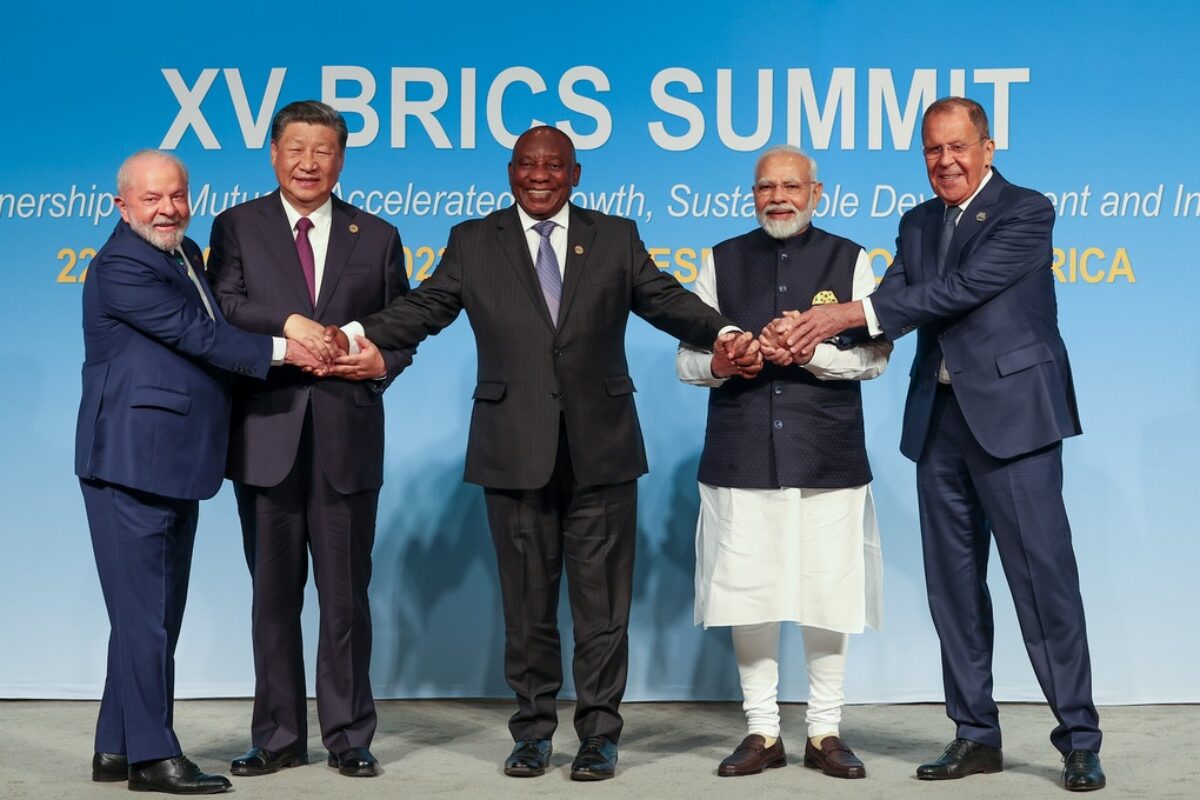In recent days, international news has been largely dominated by the BRICS Summit. To provide key explanations, Alexandre Massaux, editorial secretary at Counterpoints, appeared twice on Radio-Canada this week.
Radio-Canada, which belongs to the Société Radio-Canada (in English: Canadian Broadcasting Corporation, CBC) is one of the main Canadian audiovisual media with good visibility and reputation in Canada.
You can listen to the passages here (Annual BRICS summit meeting, August 23, 2023), and here (back to the closing of the BRICS summit).
You will find answers to the following questions:
Do the BRICS form a united block?
What are their motivations?
What financial and economic prospects for the strengthening of the BRICS?
The physical absence of Russian President Vladimir Putin at the summit, what symbolism?
What are the internal rivalries?
Are they adversaries of the West?
How is India an increasingly important member, and why should the West have good relations with it?
How does the accession of the 6 new members influence global economic geopolitics?
Why is the membership of Iran, Saudi Arabia, the United Arab Emirates and Egypt important from an energy and commercial point of view?
Why are the two rivals Iran and Saudi Arabia joining the same group at the same time? With what role for China?
These subjects are treated by avoiding a manichean vision. Indeed, in international relations, States have no friends and enemies, they only have interests. Faced with the complexity of these changes on the international scene, moderation in terms of analysis remains in order.
You can find the analyzes of Alexandre Massaux on Counterpoints, but also in specialized international relations journals such as Conflicts or Diplomacy: the new issue of Grands Dossiers de Diplomatie (n° 75) contains his analysis of the current relations between the France and the United States.
This article is originally published on contrepoints.org









